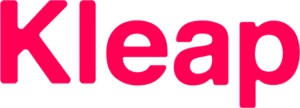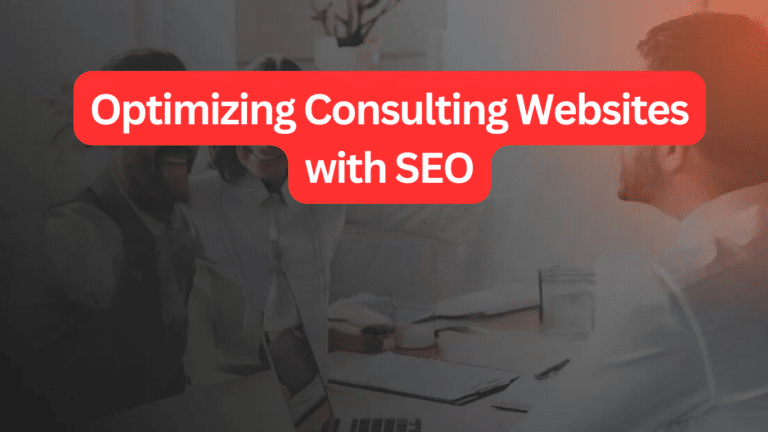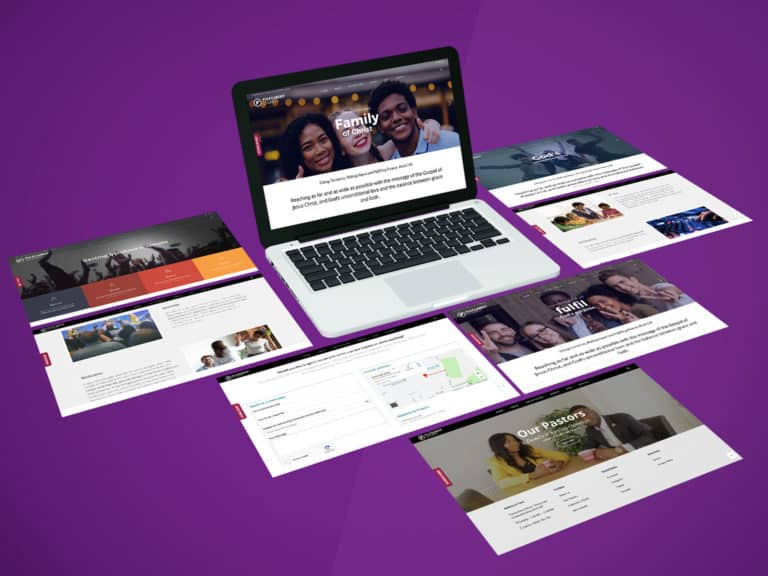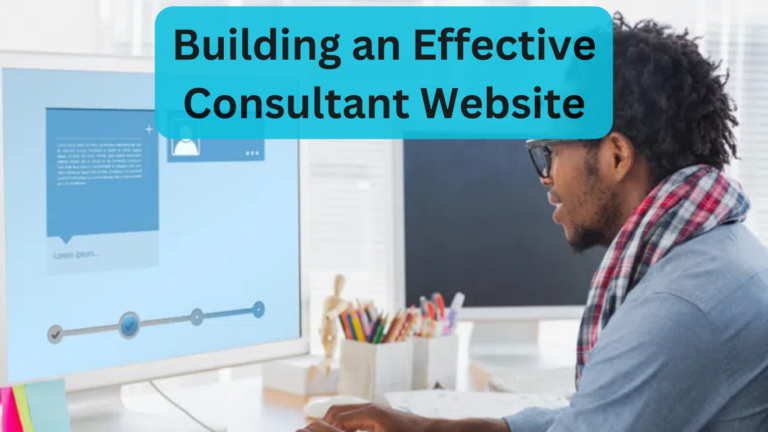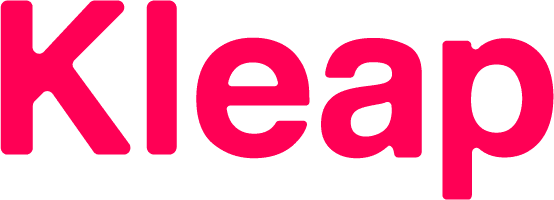How to Optimize Your Consulting Website for SEO
Having an optimized website is crucial for any business, but especially for consultants who rely heavily on online visibility to attract new clients. With more and more people using search engines like Google to find services, ranking high in search results has become vital.
The good news is there are several relatively simple tips and strategies you can use to improve your consulting website’s SEO and make it more findable online. In this comprehensive guide, we’ll walk through the key elements of on-page and off-page optimization and provide actionable steps to boost your site’s search ranking.
How to Optimize Your Consulting Website for Better SEO
Having a well-optimized website is key for driving traffic and attracting new clients to your consulting business. With more people using Google and other search engines to find services, ranking high in search results has become extremely important.
By making some strategic optimizations to your consulting site, you can significantly improve your search engine rankings and visibility. Here are some of the most important tips:

On-Page Optimization
On-page optimization refers to changes you can make directly on your website to improve SEO. It involves optimizing website content, structure, speed, and other elements that search engines evaluate when crawling and indexing pages.
Use Effective Keywords
Keywords are the terms and phrases that users type into search engines to find information online. Including relevant keywords throughout your consulting website’s content will signal to search engines what your pages are about and help drive higher rankings for related searches.
When choosing keywords, focus on phrases potential clients would use when looking for your services. For instance, a business consulting website should target keywords like “business consultant,” “business consulting services,” and “small business consulting.”
Ideally, keywords should appear within headings (such as H1, H2), opening sentences, image alt text, meta descriptions, and 2-3 times within the body content. Avoid over-optimizing with keywords though, as too much repetition looks unnatural.
Optimize Page Titles
Page titles appear at the top of the browser and are the main text users see in search results, so they greatly impact click-through rates. Title tags should:
- Include your most important keywords
- Be unique for each page
- Be less than 60 characters
- Capture users’ attention
For instance, instead of just “Home” or “About,” include keywords like “Strategic Business Consulting Services.”
Write Descriptive Meta Descriptions
Meta descriptions provide a short summary of what the page is about in search listings. Well-written snippets will entice users to click and visit your site. Descriptions should:
- Be 150-160 characters
- Include main keywords
- Create interest with compelling descriptions
Structure Pages with Headings
Headings (H1, H2, H3 tags) break up blocks of text and emphasize keywords. Use them appropriately to outline topics and improve readability.
- H1 tags should only be used once per page for the page title
- Start with H2 tags for subsections, then H3 tags for further subtopics
- Avoid skipping heading levels like going from H2 to H4
Optimize Image SEO
Images should have descriptive file names and alt text featuring your keywords to help search engines understand their relevance. For instance, instead of using “image.jpg,” save images as “business-consulting-services.jpg” and use that text for the alt tag.
Improve Site Architecture
Minimize menu levels and keep site architecture simple and logical. Make sure pages are easily accessible – avoid burying pages too deep or having orphaned pages. Link internal pages together with relevant anchor text.
Enhance Site Speed
Slow load times hurt user experience and affect search ranking, so aim for fast page speeds. Minify code, enable compression, use a caching plugin, optimize images, and minimize HTTP requests to improve performance. Strive for load times under 3 seconds.
Make Pages Mobile-Friendly
With Google’s mobile-first indexing, sites must be optimized for mobile devices. Use a responsive design, avoid pop-ups and interstitials, check site speed on phones, and test functionality across devices.
Include Alt Text for Accessibility
Alt text provides written descriptions of images to aid visually impaired users using screen readers. Having it also improves SEO, since search engines cannot “see” images. Make sure all images have descriptive alt text.
Feature Social Sharing
Having social media share buttons makes it easy for visitors to share and link to your pages, which can improve rankings. Prominently display sharing buttons for major networks like Facebook, Twitter, LinkedIn, and Pinterest.
Off-Page Optimization
Off-page optimization entails efforts external to your site to increase visibility and build credibility with search engines:
Produce High-Quality Content
Great content will naturally attract links and social shares, which are strong ranking signals. Focus on publishing useful, well-researched content optimized with keywords. Content should address searcher needs and intent.
Get Links from Relevant Websites
securing backlinks from reputable industry websites demonstrates expertise and relevance. Focus on getting contextual editorial links, not paid ads or generic lists. Guest posting and outreach can help build quality links.
Leverage Social Media
Establishing an active social media presence on platforms like Twitter and LinkedIn can expose your consulting business to new audiences and leads. Social media activity also signals relevance to search engines.
Claim and Optimize Listings
Create and optimize your Google My Business and Bing Places listings to improve local SEO and visibility in map results. Also claim listings on relevant directories like Yelp and industry sites.
Build Citations
Citations are mentions of your business name, address, and phone number across the web. Having consistent NAP (name, address, phone) information improves local rankings. Manually list and verify your consulting firm on citation sites.
Analyze the Competition
Research how competitors and leaders in your consulting niche are optimizing their websites using tools like SEMrush. Identify opportunities to improve relative to competitors.
Track Rankings and Analytics
Use tools like Google Analytics, Search Console, and rank tracking software to monitor website traffic, top pages and keywords, backlinks, conversion rates, and other analytics. This data will reveal optimization opportunities.
Optimizing Specific Consulting Pages
In addition to general website optimization, pay special attention to optimizing these key consulting pages:
Homepage
As the landing page, optimize your homepage to introduce your services, establish credibility, and highlight optimization keywords. Include a strong title tag, H1 with your main keyword, and clear call-to-action to contact.
About Us
Your About page should convince potential clients you’re a top expert in your field. Includefounder bios, credentials, awards, client logos, case studies, and testimonials to build trust. Optimize with “About Us” and consulting service keywords.
Services
The Services page outlines all the consulting offerings you provide. Use targeted keywords in the titles and descriptions of each service. This page should be structured cleanly with well-formatted content that’s easy to scan.
Individual Service Pages
Create dedicated pages featuring your most popular consulting services. Go in-depth on what you deliver and the value clients will get. Include service-specific keywords focused on buyer needs.
Location Pages
If you serve clients in multiple locations, create optimized location pages targeting each city and metro area. Feature local office details, city-specific case studies, and keywords with the city name.
Contact
Make it easy for prospects to get in touch by prominently displaying contact information. Optimize the page title and content with keywords like “contact us” and your city/region.
Blog
Blogging helps demonstrate thought leadership while attracting search traffic. Publish regular educational posts optimized with keywords on topics your clients care about. Promote your blog content.
Track Progress and Continuously Improve
SEO is an ongoing process. To achieve results, continuously optimize your consulting website over time and track progress in areas like:
- Traffic from organic search
- Keyword rankings
- Backlinks gained
- Conversions and leads
Refine your keywords and strategy based on what’s working. Implement a regular schedule for publishing fresh blog content, linking outreach, and technical website updates to maintain momentum.
With this comprehensive SEO game plan, you can significantly boost your consulting website’s search visibility, traffic, leads, and clients. Optimizing takes work, but the long-term payoff for your business makes it well worth the effort.
Frequently Asked Question
1. What does it mean to optimize a consulting website?
Website optimization involves improving various aspects of your consulting website to enhance its performance, user experience, and search engine visibility. This includes factors like speed, content quality, SEO, and design.
2. Why is website optimization important for my consulting business?
Website optimization can help attract more clients, improve user satisfaction, increase your website’s visibility on search engines, and ultimately boost your business’s online presence and credibility.
3. What are the key elements to optimize on my consulting website?
Key elements to optimize include website speed, mobile-friendliness, SEO (Search Engine Optimization), content quality, user experience, and security.
4. How can I improve the loading speed of my consulting website?
You can improve website speed by optimizing images, using a content delivery network (CDN), minimizing HTTP requests, and choosing a reliable hosting provider.
5. What is SEO, and why is it important for my consulting website?
SEO (Search Engine Optimization) is the practice of improving your website’s visibility on search engines like Google. It’s important because it helps potential clients find your website when searching for consulting services online.
6. How can I optimize my website for search engines (SEO)?
SEO optimization involves keyword research, on-page SEO (meta tags, headings, content), off-page SEO (backlinks), and technical SEO (site structure, sitemaps, robots.txt).
7. What role does content play in website optimization?
High-quality and relevant content can engage visitors, establish your expertise, and improve your website’s ranking on search engines. Regularly updating your content is essential.
8. Is it necessary to have a mobile-friendly consulting website?
Yes, having a mobile-friendly website is crucial, as a significant portion of internet users access websites on mobile devices. Google also prioritizes mobile-friendly sites in search results.
9. How can I ensure my consulting website is secure?
To enhance security, regularly update software and plugins, use SSL encryption, employ strong passwords, and consider a web application firewall (WAF) to protect against cyber threats.
10. What tools or services can help me optimize my consulting website?
You can use tools like Google Analytics, Google Search Console, SEO plugins (e.g., Yoast for WordPress), website speed testing tools (e.g., PageSpeed Insights), and professional SEO services.
Conclusion
In conclusion, optimizing your consulting website is not just a recommended step; it’s a necessity in today’s digital age. By implementing the strategies and best practices discussed in this guide, you can enhance your online presence, attract more potential clients, and ultimately grow your consulting business. Remember to prioritize user experience, mobile-friendliness, search engine optimization, and valuable content creation. Regularly assess and update your website to stay competitive and ensure it remains an effective tool for connecting with your target audience. With dedication and attention to detail, your optimized consulting website can become a powerful asset in achieving your professional goals.
